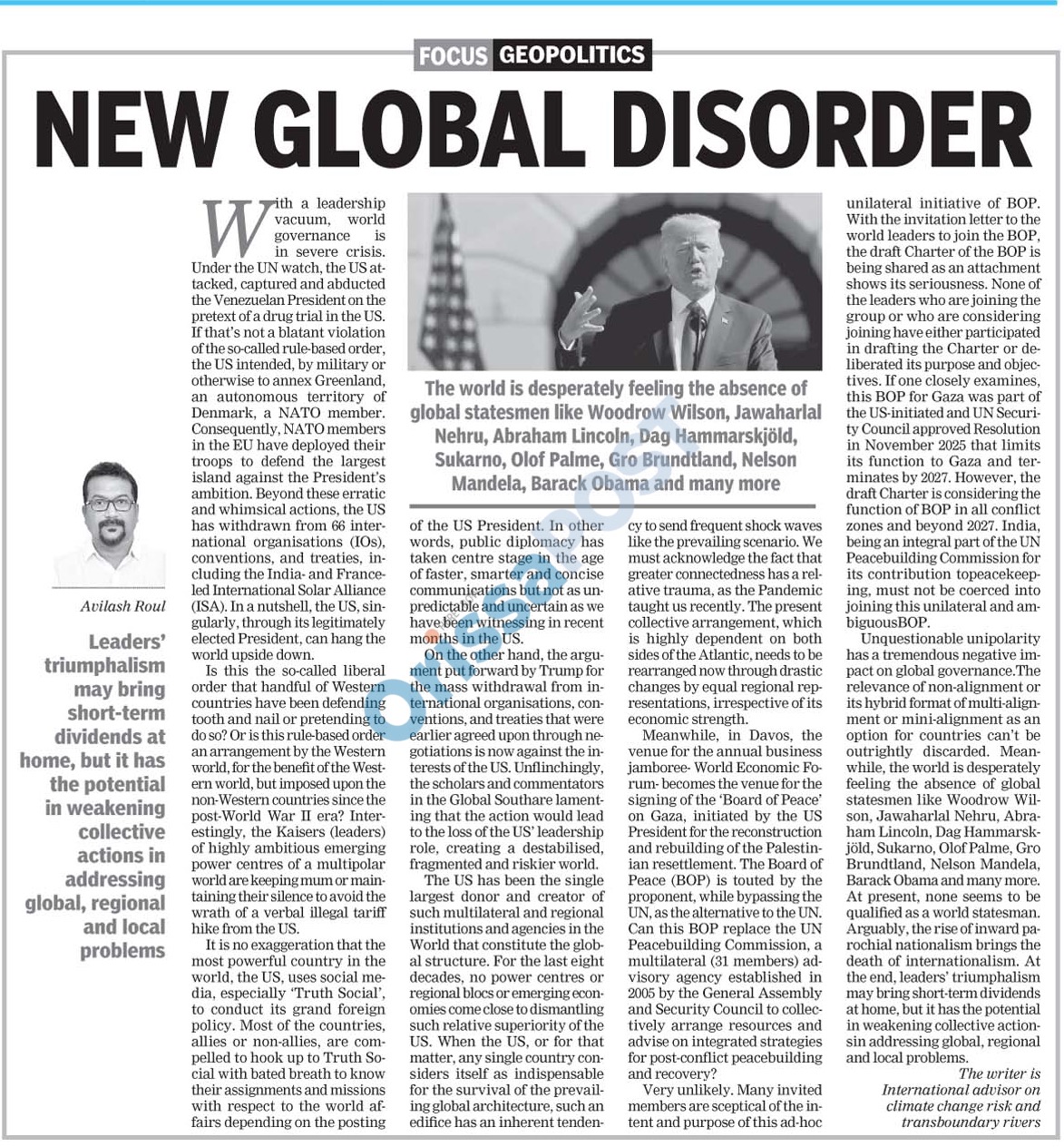Does the Gaza Board of Peace Undermine UN Peacebuilding Architecture?
Amid sustained criticism of the failure of multilateralism, the first quarter of the 21st century has seen multilateral organizations expand in both scope and mandate. The Gaza Board of Peace (BoP), touted by the US administration as an international organization, was announced, signed, approved, and ratified at Davos on January 22 to support the reconstruction of post-conflict Gaza.





